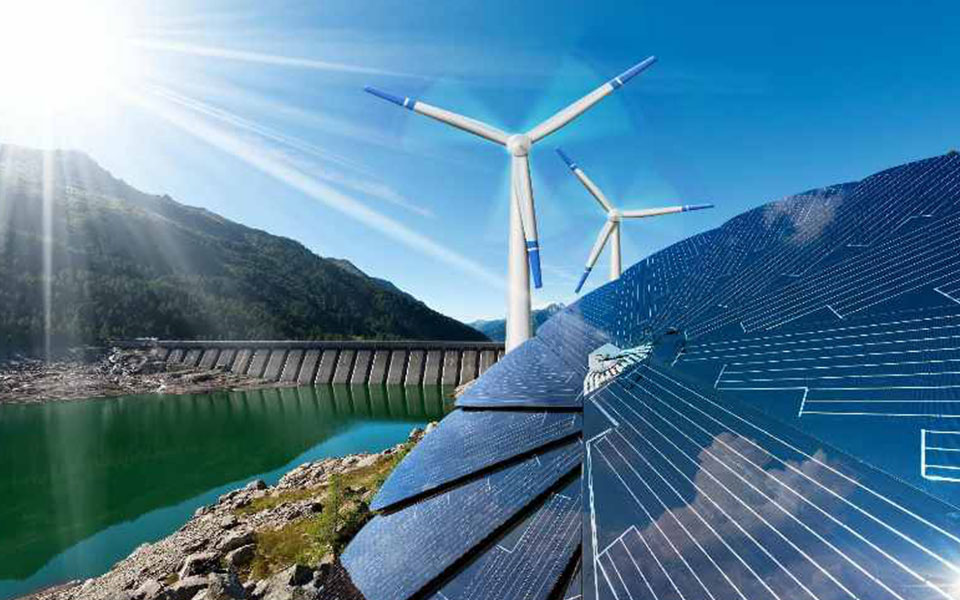New Delhi, June 4: Renewable power accounted for 70 per cent of net additions to global power generating capacity in 2017, the largest such increase in modern history, a report said on Monday.
But the heating, cooling and transport sectors, which together account for about four-fifths of global final energy demand, continue to lag far behind the power sector.
According to the REN21's Renewables 2018 Global Status Report, solar photovoltaic (PV) capacity reached record levels.
Solar PV additions were up 29 per cent relative to 2016, to 98 GW. More solar PV generating capacity was added to the electricity system than net capacity additions of coal, natural gas and nuclear power combined, said the report.
Wind power also drove the uptake of renewables with 52 GW added globally.
Investment in new renewable power capacity was more than twice that of net, new fossil fuel and nuclear power capacity combined, despite large, ongoing subsidies for fossil fuel generation.
More than two-thirds of investments in power generation were in renewables in 2017 owing to increasing cost-competitiveness and the share of renewables in the power sector is expected to only continue to rise.
China, Europe and the US accounted for nearly 75 per cent of global investment in renewables in 2017.
However, when measured per unit of gross domestic product (GDP), the Marshall Islands, Rwanda, the Solomon Islands, Guinea-Bissau, and many other developing countries are investing as much as or more in renewables than developed and emerging economies.
Both energy demand and energy-related carbon dioxide emissions rose substantially for the first time in four years.
In the power sector, the transition to renewables is under way but is progressing more slowly than is possible or desirable.
A commitment made under the 2015 Paris climate agreement to limit global temperature rise to "well below" 2 degrees Celsius above pre-industrial levels makes the nature of the challenge much clearer.
If the world is to achieve the target set in the Paris agreement, then heating, cooling and transport will need to follow the same path as the power sector and fast, the report warned.
Small changes are underway. In India, for example, installations of solar thermal collectors rose approximately 25 per cent in 2017 as compared to 2016.
Let the Truth be known. If you read VB and like VB, please be a VB Supporter and Help us deliver the Truth to one and all.
Kalaburagi: Four men have been arrested in Kalaburagi on charge of hacking a man with lethal weapons and pelting stones at him under the limits of Station Bazaar Police Station recently.
According to police sources, Anand Jalak Shinde (34), Ashitosh Jalak Shinde (30), Imran Mehboob Sheikh (28) and Sohaib Anwar Qureshi have been arrested. The men are accused of the brutal murder of Syed Mehboob, a resident of Station Bazaar Upper Line Hamalawadi in the city.
An FIR was filed by the Station Bazaar Police Station based on a complaint given by Syed Ismail, father of the deceased Syed Mehboob.
Following quick probe, the police team successfully arrested the suspects within 24 hours. The arrested men were produced in court and have been sent to judicial custody.
The City Police Commissionerate has appreciated in an official release the police team’s quick solving of the murder case and arrest of the four men accused of murdering Syed Mehboob.





